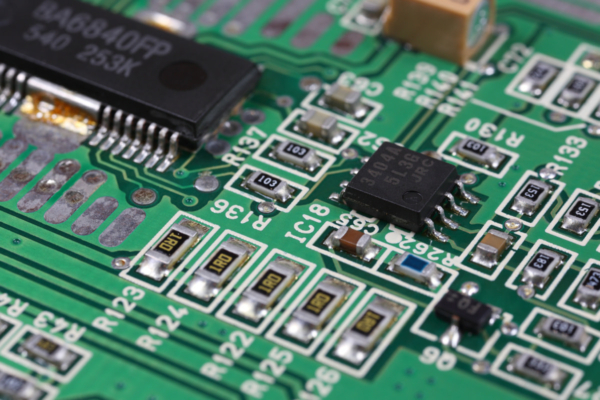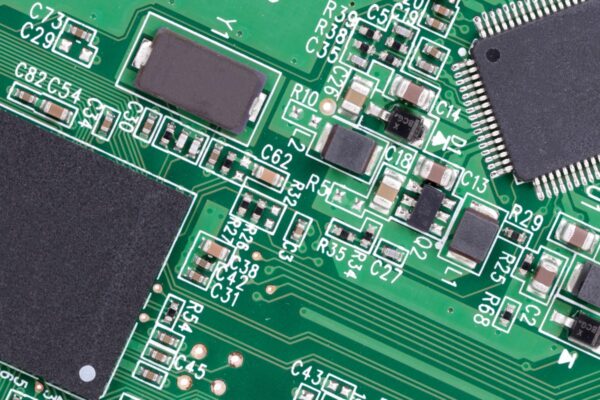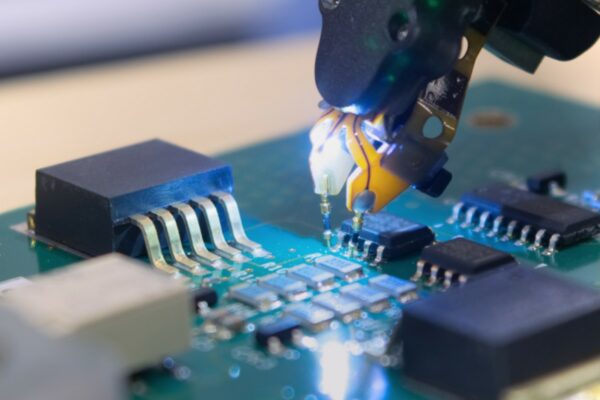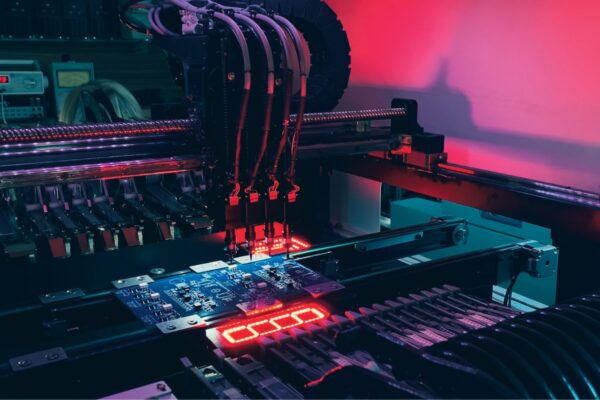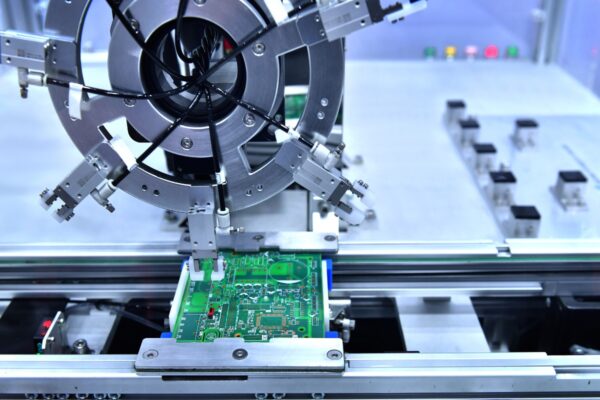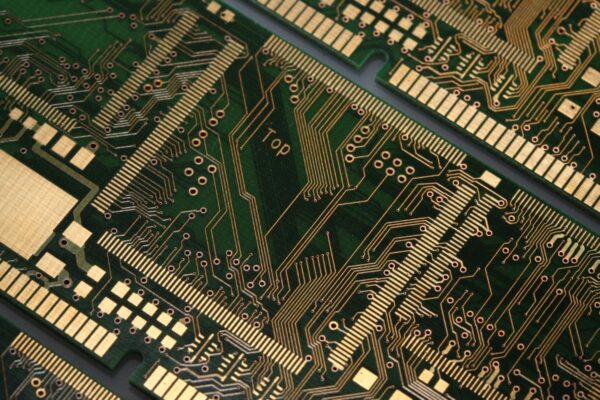What is Capture
In the PCB industry, capture refers to the process of creating a schematic design for a circuit using computer-based software. It involves entering the various elements and components of the circuit into the software, which then generates a visual representation of the circuit known as a schematic. During the capture process, the initial high-level design of the circuit is undertaken, and the circuit is designed interactively. This allows for quick and efficient circuit design, as the designer can input and modify the circuit elements in real time.
Using a computer-based system for schematic capture can enter complex circuits relatively quickly, making it useful for designing circuits with a large number of components or intricate designs. Additionally, circuit simulations can be performed during the capture stage, allowing the designer to test and verify the functionality of the circuit before moving on to the next stage of the design process. Proper configuration control is also crucial in managing and controlling circuit revisions, especially when multiple people may be working on different areas of the design. Circuit capture systems often provide features that allow for efficient management of circuit revisions, ensuring that changes are properly tracked and documented. The integration between the schematic and the PCB design allows for a seamless transition from the schematic capture stage to the PCB layout stage.
